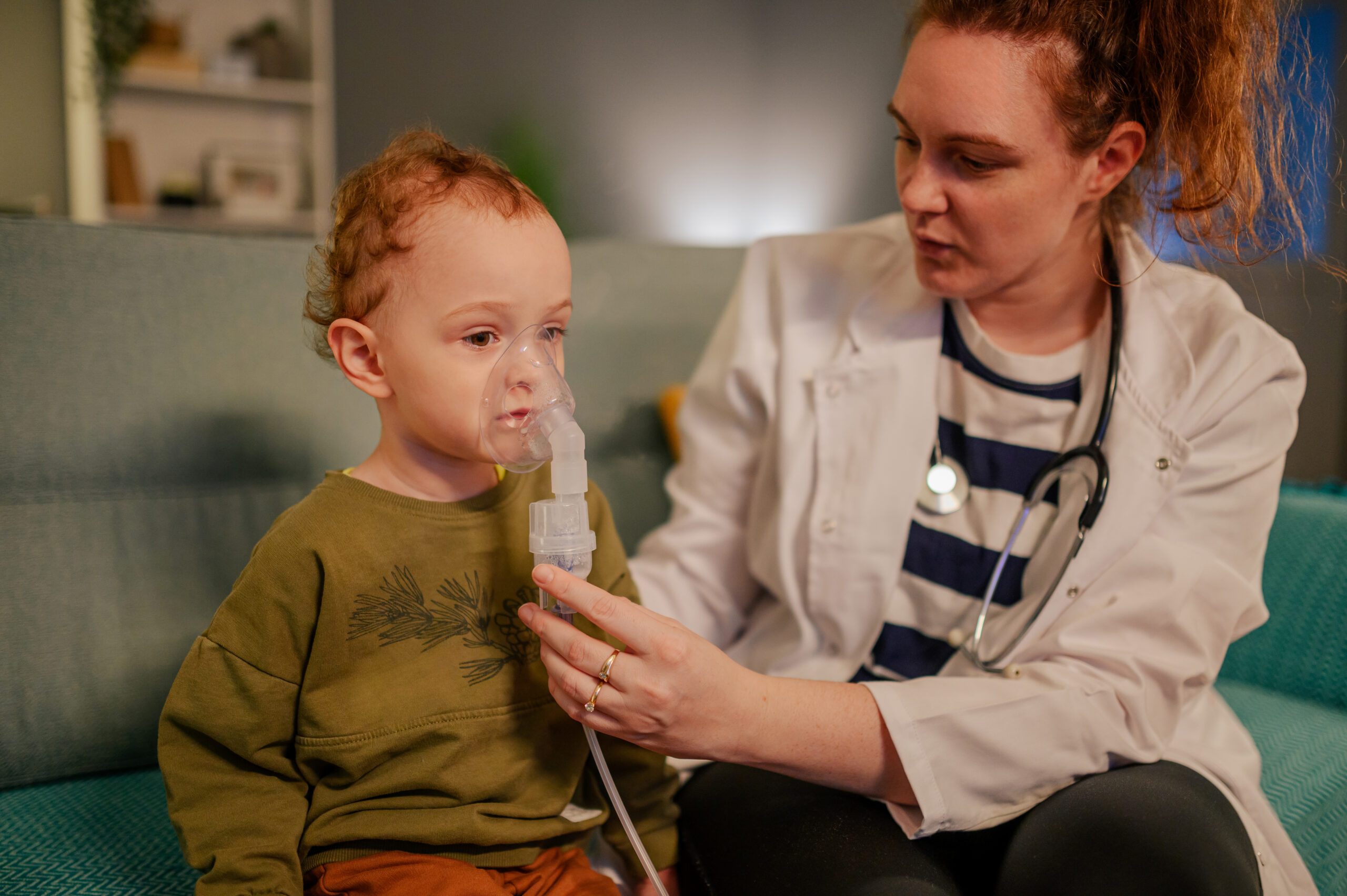Respiratory illnesses are common among children, ranging from mild colds to more serious conditions like asthma and pneumonia. For parents, managing these illnesses can be challenging, especially when it comes to choosing the right care options. Direct pay pediatric care offers a flexible, straightforward approach to addressing these concerns, providing personalized attention without the complications of traditional insurance billing. Here’s how direct pay pediatric care can help you navigate respiratory illnesses in your child, along with signs to watch for, treatment options, and essential home care tips.
Understanding Respiratory Illnesses in Children
Respiratory illnesses can vary widely in severity and symptoms. Common respiratory conditions in children include:
1. Common Cold: Caused by a viral infection, it leads to symptoms like a runny nose, cough, and mild fever.
2. Bronchitis: Inflammation of the bronchial tubes, leading to a persistent cough, wheezing, and mucus production.
3. Asthma: A chronic condition characterized by inflammation and narrowing of the airways, causing wheezing, shortness of breath, and coughing.
4. Pneumonia: An infection that inflames the air sacs in one or both lungs, which can cause a severe cough, high fever, and difficulty breathing.
5. Croup: A viral infection that causes swelling in the upper airways, leading to a distinctive barking cough and stridor (a high-pitched breathing sound).
Recognizing the Signs
Early recognition of respiratory illness symptoms can help ensure timely and effective treatment. Key signs to monitor include:
- Coughing: Persistent or severe coughing that disrupts sleep or daily activities.
- Wheezing: A high-pitched whistling sound during breathing, often indicating narrowed airways.
- Shortness of Breath: Difficulty breathing or rapid breathing that is out of proportion to the level of activity.
- Chest Pain: Discomfort or pain in the chest area, which can signal more serious conditions.
- Fever: Elevated body temperature, especially when accompanied by other respiratory symptoms.
- Fatigue and Irritability: Excessive tiredness or changes in behavior that may indicate your child is feeling unwell.
Direct Pay Pediatric Care: A Flexible Solution
Direct pay pediatric care provides a model where parents pay for services directly rather than through insurance. This approach can offer several advantages:
- Personalized Attention: Direct pay allows for more time with your pediatrician, leading to better understanding and management of your child’s condition.
- Simplified Billing: With no insurance paperwork or co-pays, managing payments can be more straightforward and less stressful.
- Flexible Appointments: Direct pay practices often offer more flexible scheduling options, which can be especially helpful when dealing with sudden or acute respiratory issues.
- Comprehensive Care: Pediatricians in direct pay models can provide thorough evaluations and treatments without the constraints of insurance limitations.
Treatment Options for Respiratory Illnesses
Treatment for respiratory illnesses varies depending on the specific condition and its severity. Common approaches include:
- Medications: Over-the-counter or prescription medications can help manage symptoms and treat infections. For conditions like asthma, inhalers or other prescribed medications may be necessary.
- Rest and Hydration: Ensuring your child gets plenty of rest and stays hydrated is crucial for recovery from most respiratory illnesses.
- Humidity: Using a humidifier can help ease breathing difficulties and soothe irritated airways.
- Warm Fluids: Drinking warm fluids, such as soup or tea, can help soothe the throat and reduce coughing.
- Monitoring Symptoms: Keeping a close eye on your child’s symptoms can help determine if medical intervention is needed.
Home Care Tips
Supporting your child’s recovery at home involves creating a comfortable and supportive environment. Here are some tips:
- Maintain Clean Air: Ensure the air in your home is clean and free of irritants. Avoid smoking around your child and use air purifiers if needed.
- Encourage Proper Hygiene: Teach your child to wash their hands regularly to prevent the spread of infections.
- Follow Treatment Plans: Adhere to any prescribed treatments and follow your pediatrician’s recommendations closely.
- Monitor for Complications: Be vigilant for any signs of worsening symptoms or complications that may require medical attention.
Conclusion
Navigating respiratory illnesses in children can be challenging, but with the support of direct pay pediatric care, you can access personalized, flexible treatment options that fit your family’s needs. By recognizing the signs early, utilizing effective treatment methods, and providing supportive home care, you can help your child recover more comfortably and swiftly.
Comprehensive Care for Respiratory Illnesses: Expert Guidance with Dr. Margie Diaz-Ochu
When it comes to managing respiratory illnesses in children, having access to expert guidance and compassionate care is essential. At Bee Home Pediatrics, Dr. Margie Diaz-Ochu and her dedicated team are committed to providing personalized and effective solutions to address your child’s respiratory health concerns. From recognizing the signs of common respiratory illnesses to implementing the right treatment and home care strategies, we are here to support you every step of the way.
Don’t let respiratory issues impact your child’s well-being and comfort. Contact us today to schedule a consultation and ensure your child receives the highest standard of care. Whether through a direct call at 435-513-PEDS or by visiting our website, we are ready to provide the expert guidance and support you need for managing respiratory illnesses effectively. Let Dr. Diaz-Ochu and her team at Bee Home Pediatrics help you navigate your child’s respiratory health with confidence and care.

